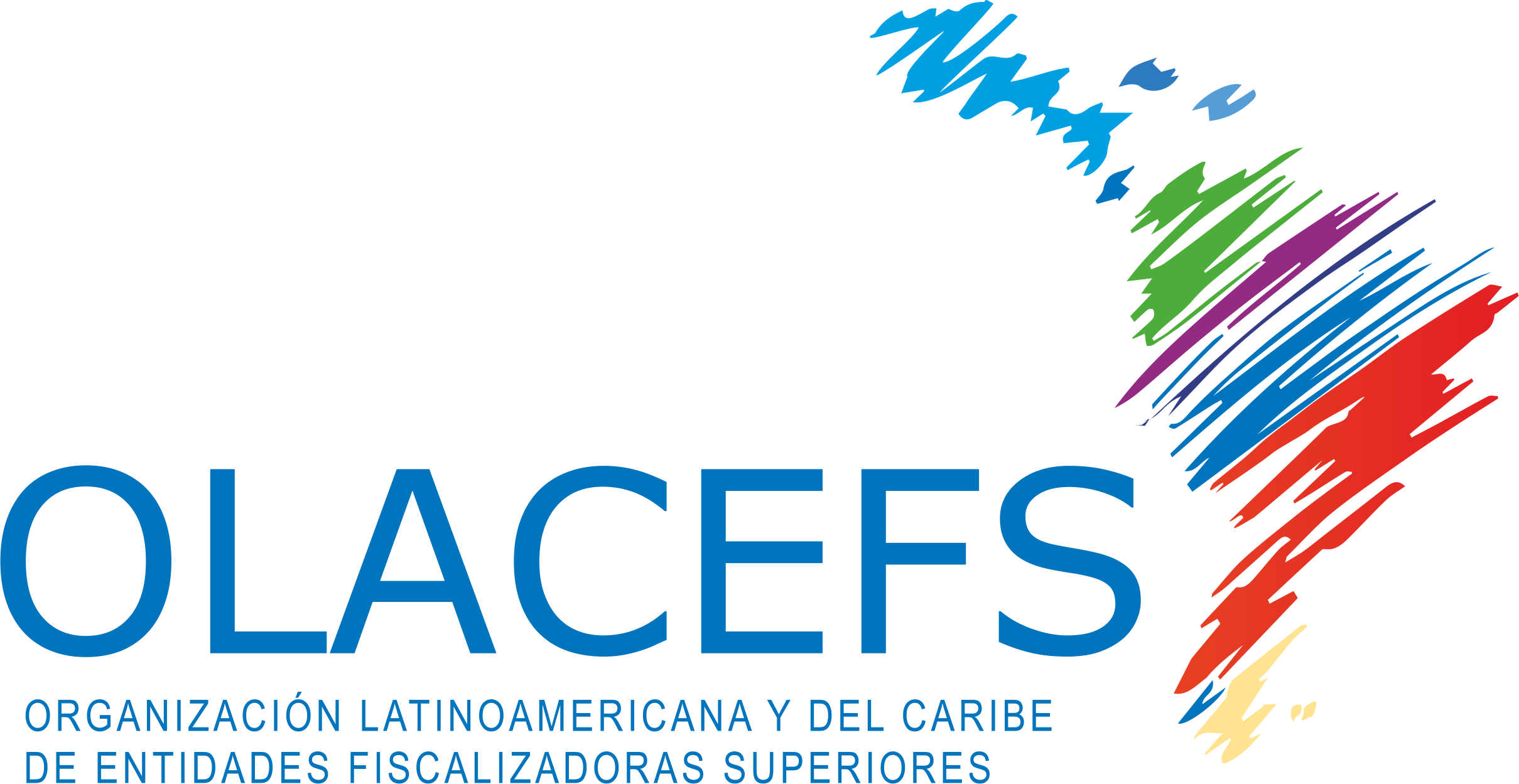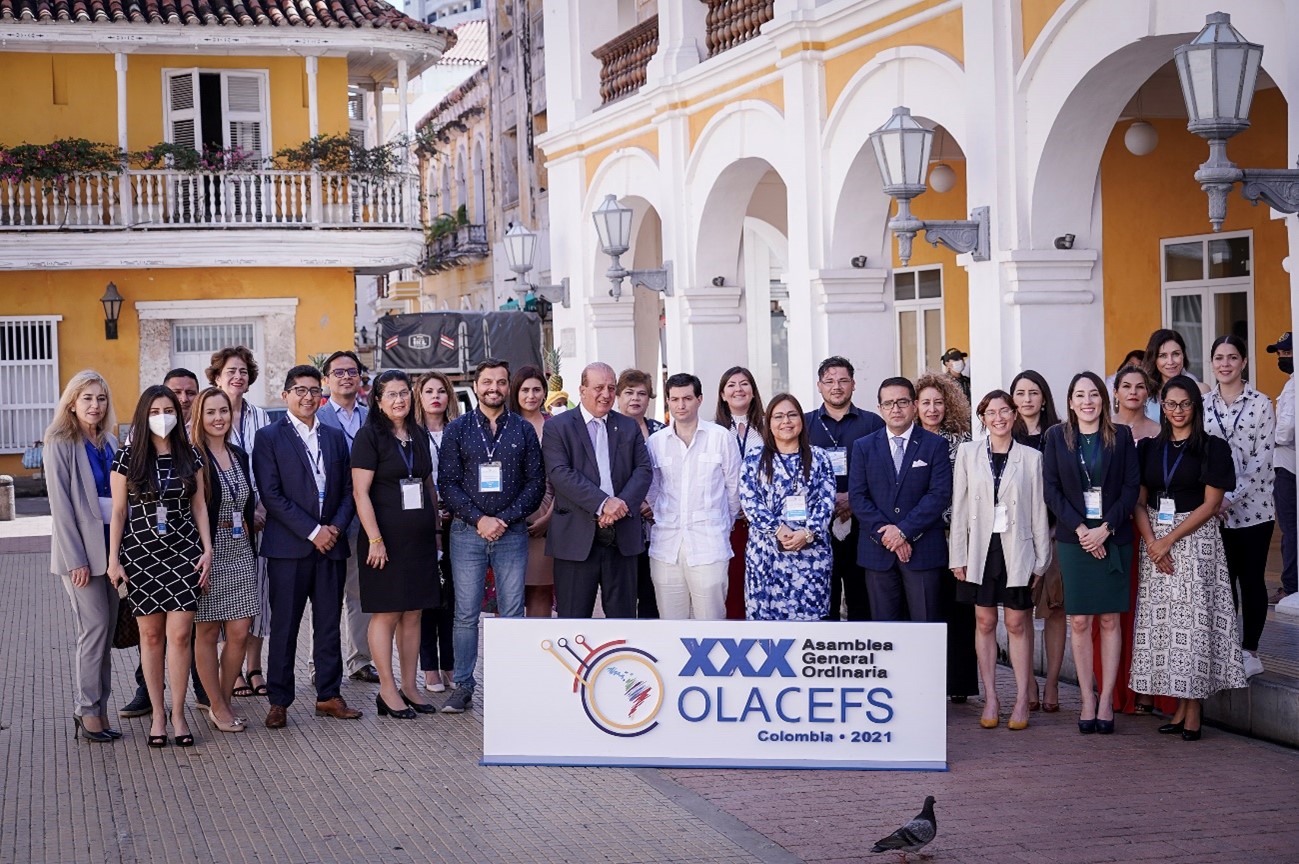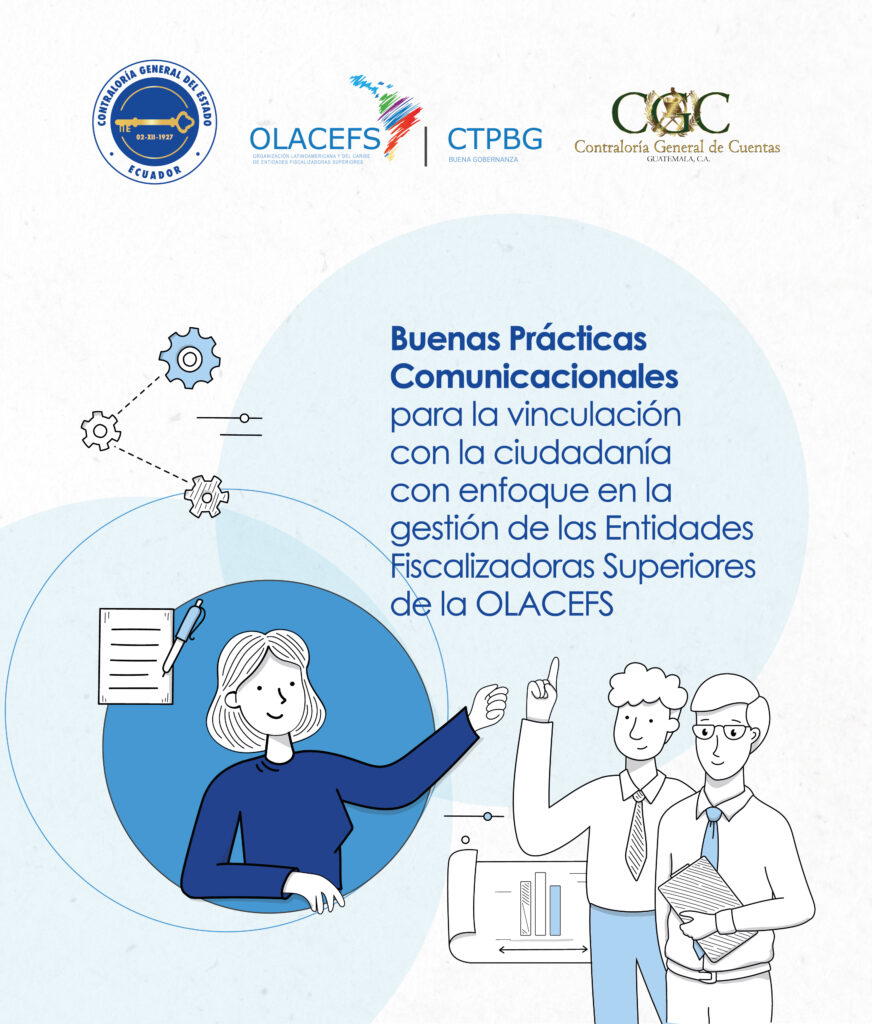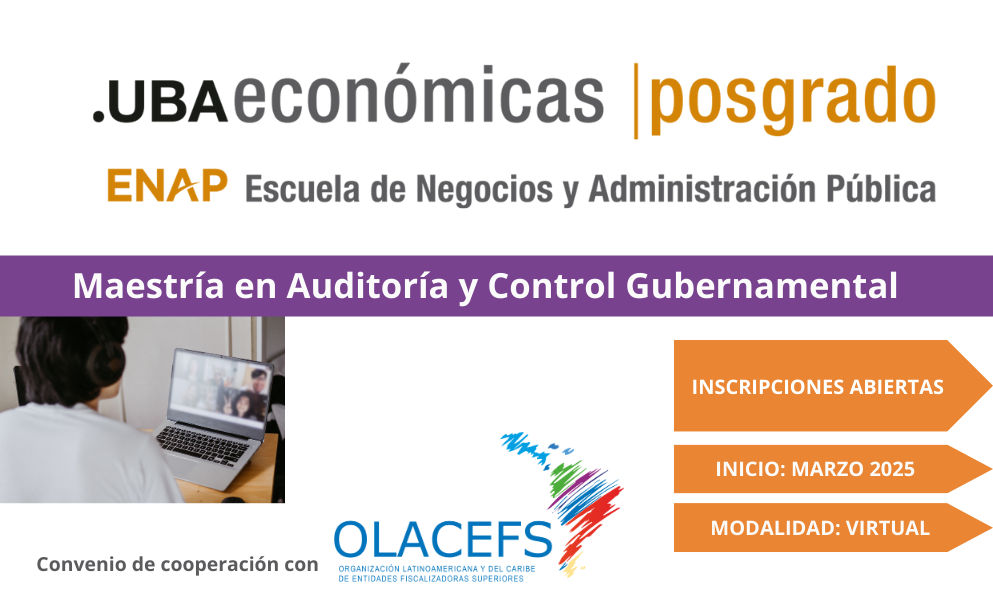The Capacity Building Committee (CCC) of the Latin American and Caribbean Organization of Supreme Audit Institutions (OLACEFS) met on November 29 and 30, in the city of Cartagena de Indias, Colombia, under the coordination of its chairman, Minister Augusto Nardes of the Federal Court of Accounts (TCU – Brazil).
The meeting was attended by Nelson Shack Yalta, Comptroller General of the Republic of Peru and President of OLACEFS; Carlos Felipe Córdoba Larrarte, Comptroller General of the Republic of Colombia; Alberto Tagore Jhayya Segovia, Deputy Comptroller General of the State of Ecuador; María del Carmen Martinez Barahona, Judge of the Court of Accounts of El Salvador; and representatives of 13 SAIs of the Organization Committee members.
The objective of the meeting was to bring together the member SAIs to discuss the activities that are being carried out by the Committee and its task forces (TF), as well as to deliberate on future initiatives that will form the 2022 Annual Operational Plan. The meeting adopted an interactive and participatory approach, also bringing presentations on issues related to capacity-building.
The meeting began with the Keynote Speech “The importance of public governance for Latin America: the case of Brazil,” which was presented by Minister Augusto Nardes. Subsequently, the 6 task forces of the CCC presented the main results of the activities carried out during 2021, and 5 of them completed their activities. Thus, new task forces were created for the Committee, namely: analysis of the satisfaction assessments of the CCC training initiatives; follow-up on the virtual courses planned for the 2022-2024 Training Plan; governance initiatives for OLACEFS SAIs; impact measurement of the courses offered by the CCC; and tools for measuring technological risk.
The Chairman of the Committee presented the Training Needs Analysis, which was carried out by the TCU in early 2021, and the new Training Plan for OLACEFS, which will be implemented in the 2022-2024 triennium. The meeting also featured presentations from important partners such as the German Cooperation through GIZ and the INTOSAI Development Initiative (IDI).





